someone asked this question in the daily,
i took my time to give a simplified answer to a stranger and it's now a post that could be useful for someone else:
check any block on: https://mempool.space/
the first transaction is the coinbase, which is the miner block reward and more importantly the transaction that creates new bitcoin.
all bitcoin ever existed come from the coinbase.
101 blocks later, the miner can finally spend the coinbase Unspent Transaction Output (UTXO).
you could see an UTXO as a digital cryptographic banknote which value is 6.25 (until the next halving).
when the miner spends all 6.25BTC the UTXO will get destroyed and a new 6.25BTC UTXO will be given to the receiver.
if the miner spends only part of it instead, that "digital banknote" will get destroyed and two new one will be created, one for the receiver, one for the miner change.
a fraction of a coinbase or more coinbase transactions will eventually be sent to you when you buy and withdraw BTC.
every ~10minutes a new block will be added to the blockchain, every new block will contain the new transactions, and Bitcoin Core (the software that runs bitcoin decentralized network) will read block data, verify no blocks have been tampered (hashes are matching) and it will keep track of all UTXOs.
when you use a bitcoin compatible wallet, you will connect to a Bitcoin Core node to get data about your balance (all the UTXOs in your addresses).
you can connect to your own private node, public indipendent nodes, or ''proprietary'' nodes for example when using Ledger Live, depending on the level of privacy and security you want to achieve.
if you operate a Bitcoin network node, you physically store on your hard drive every bitcoin ever existed (and also some random unrelated data that people wrote inside transactions).
and this is true for any Bitcoin network node operator, considering there are actually 17144 online nodes today (estimate).
all bitcoin are contained in these hard drives, copied and synched 17144 times around the globe.
if nodes cease to exists, bitcoin ceases to exist.
we could even say that every node operator physically owns all the bitcoin existing, including the lost ones, but can only spend on the network the bitcoin that he can unlock resolving a very specific cryptographic stack script.
when you send bitcoin to someone, you'll pay miners to include in the next block a line of code that locks the amount of bitcoin you sent into a new UTXO that only the owner of the keypairs (public and private) tied to the receiving address can unlock.
the private key derived from your seed (which is derived from your mnemonic seedphrase) is the ultimate cryptographic proof that you are the owner of a public key.
the address is the hashed version of a public key, and that's the reason why only a unique private key can spend an UTXO locked in a address.
anyone can become a node operator using cheap hardware
if you want to set up a node, you'll get a great opportunity to learn and also increase your own privacy and security (*).
you can start the easy way, using pre-built images (or even pre build hardware):
Umbrel
https://umbrel.com/
MyNode
https://mynodebtc.com/
Raspiblitz
https://raspiblitz.org/
or follow Minibolt guide to set up a node from scratch (you'll need to know bash console basics)
https://v2.minibolt.info/home/readme
(*) if you connect to your own node, you won't share to third parties the addresses you own or the extended public key (xpub / zpub for segwit native)
this way, any entity monitoring the blockchain can't attrbute multiple addresses to the same owner (until you don't spend from multiple addresses in the same transaction) and you can also stenghten your security: indeed, if one of your private keys gets compromised by a third party that also knows your xpub, all your private keys can be easily calculated, effectively compromising you whole 'account'.
[link] [comments]

You can get bonuses upto $100 FREE BONUS when you:
💰 Install these recommended apps:
💲 SocialGood - 100% Crypto Back on Everyday Shopping
💲 xPortal - The DeFi For The Next Billion
💲 CryptoTab Browser - Lightweight, fast, and ready to mine!
💰 Register on these recommended exchanges:
🟡 Binance🟡 Bitfinex🟡 Bitmart🟡 Bittrex🟡 Bitget
🟡 CoinEx🟡 Crypto.com🟡 Gate.io🟡 Huobi🟡 Kucoin.

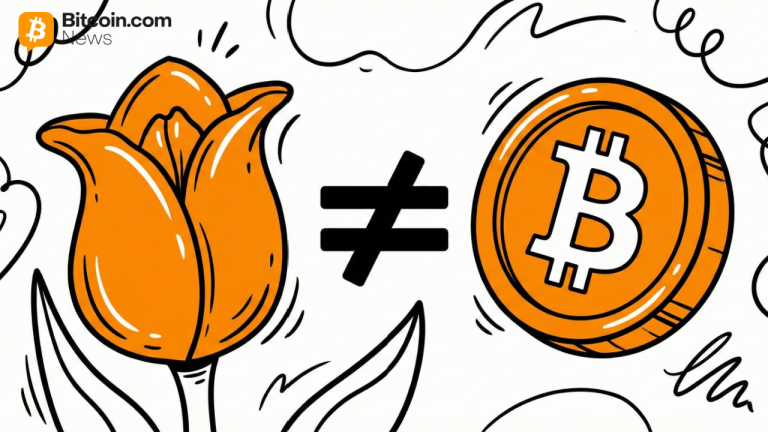


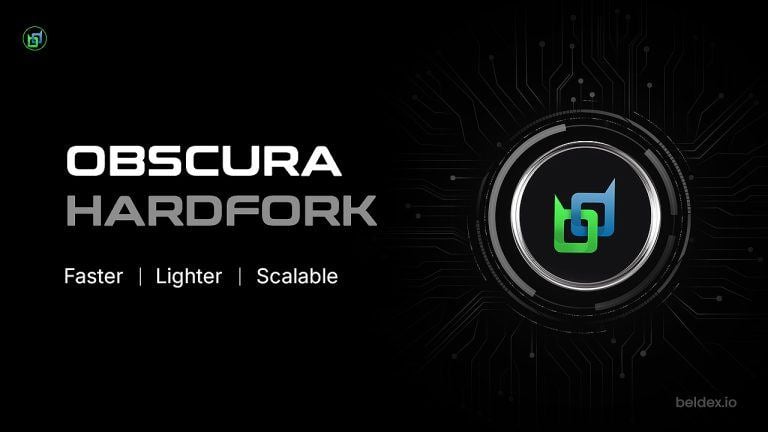
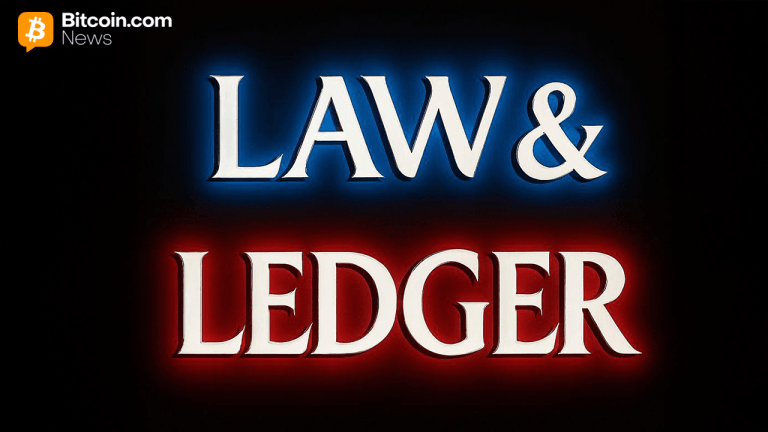








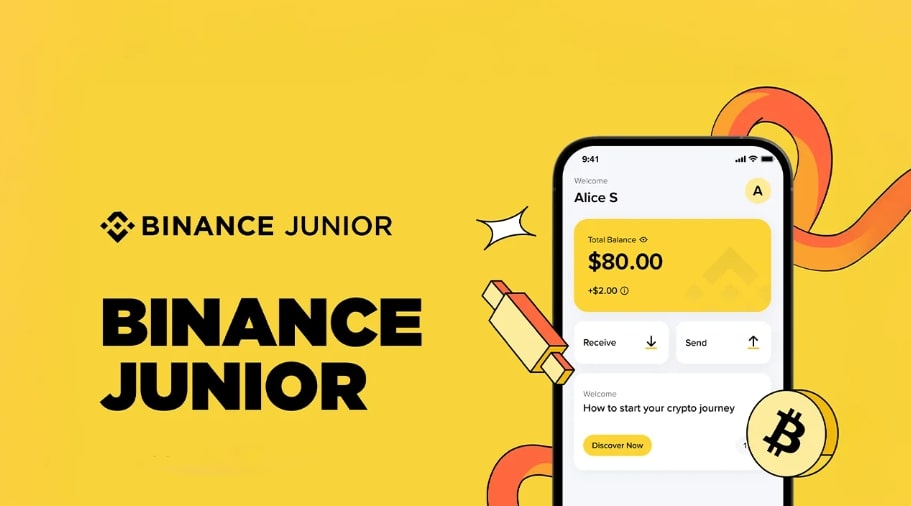



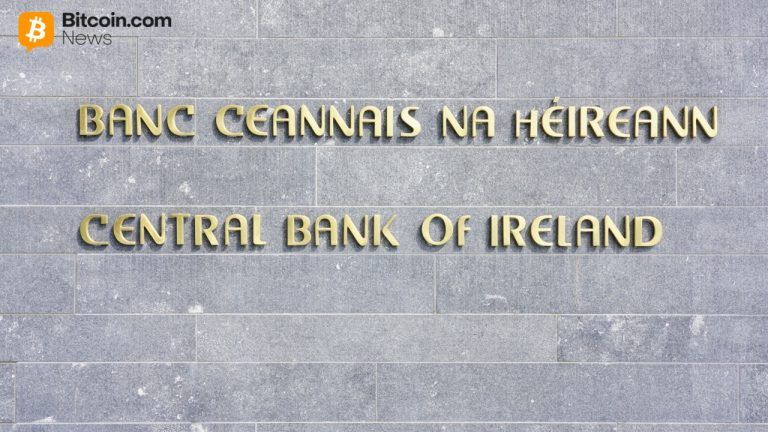
Comments